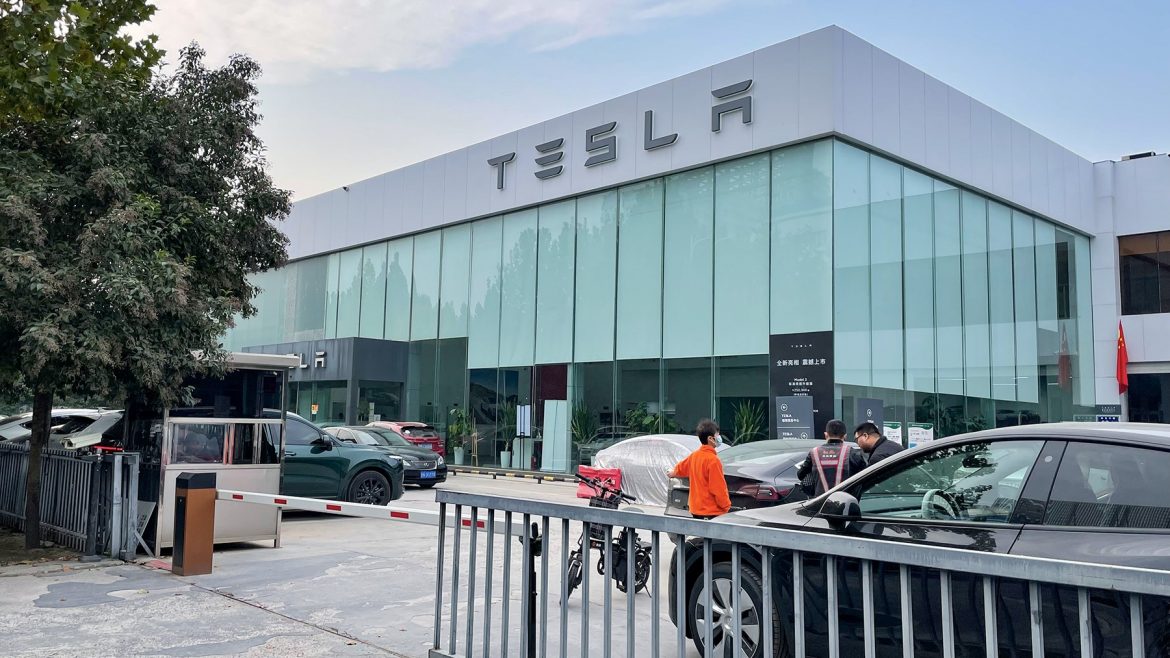In a recent legal development, a Swedish court has ruled in favour of electric car manufacturer Tesla, directing the country’s transport authority to address the issue of blocked licence plates promptly. The decision followed Tesla’s legal action against the agency and state-run PostNord after postal workers ceased delivering plates for Tesla’s new vehicles amid an ongoing labour dispute.
Labour Dispute Spurs License Plate Blockage
The conflict arose on November 20 when PostNord workers, as part of an industrial action, halted the delivery of licence plates for Tesla’s new cars. The workers aimed to pressure Tesla into signing a collective bargaining agreement for mechanics in Sweden. The transport agency, citing contractual obligations to PostNord, refused alternative means of plate delivery.
Plates to be Delivered in Seven Days or Face Fine
In response to the legal proceedings initiated by Tesla, the Norrkoping district court ruled that the transport agency must ensure the delivery of the licence plates to Tesla within seven days. Failure to comply would result in a fine of 1 million Swedish crowns (USD 95,000). The court’s decision signifies a swift resolution to Tesla’s claim.
“It is correct that a decision has been made, siding with Tesla’s claim,” confirmed Johannes Ericsson, Tesla’s lawyer.
Tesla’s Policy on Collective Bargaining
This legal battle is the latest episode in an ongoing conflict between Tesla and labour groups in Sweden. The dispute began when union IF Metall initiated a strike on October 27, with mechanics refusing to service Tesla cars due to the company’s refusal to accept collective bargaining. The strike expanded to include members of other unions, including dockworkers, electricians, and cleaners.
Tesla maintains a policy of not signing collective bargaining agreements, asserting that its employees receive terms as good as or better than those demanded by IF Metall. The union argues that collective agreements are vital to the Swedish labour market model.
In its court filing, Tesla described the transport agency’s decision to withhold licence plates as a “unique attack on a company operating in Sweden.” The court’s ruling sets a precedent for the resolution of similar disputes and underscores the complexities of labour relations in the evolving landscape of electric vehicle manufacturing.



